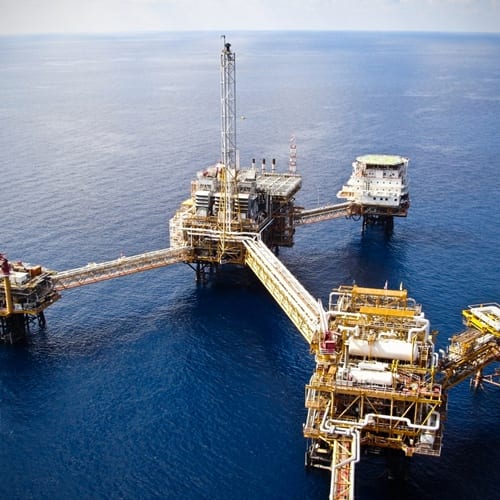Though the BP Deepwater Horizon oil spill happened more than three years ago, there still remain many legal issues about which party was responsible for the accident and who should be punished. Though the first phase of the trial has ended, the next, and last phase has officially begun, according to an article in the Times Picayune.
On Friday of this week, lawyers for the different groups involved, including the Gulf states, Transocean Ltd and BP, submitted the final post-trial briefs to U.S. District Judge Carl Barbier. For the most part, members of the federal and state governments have said that the oil companies "acted with extreme recklessness," while the companies, in response, have said that the actions that caused the spill should not be considered "grossly negligent," and that it was individual actions by all parties, coming together, that caused the spill.
Of the oil companies, each are blaming each other, including BP being accused of not using maximum safety techniques, Transocean, which supplied the workers, not providing enough training, and Halliburton, which used cement to seal the rig, of using poor-quality materials.
The company that is found responsible will be required to pay billions of dollars in fines.
Regardless of which group will be held accountable, this scenario does point out the extreme caution all companies must take on when working in the offshore drilling industry. Since unsafe equipment can cost lives, having offshore drilling insurance can help drilling managers protect both their businesses and workers on board.

